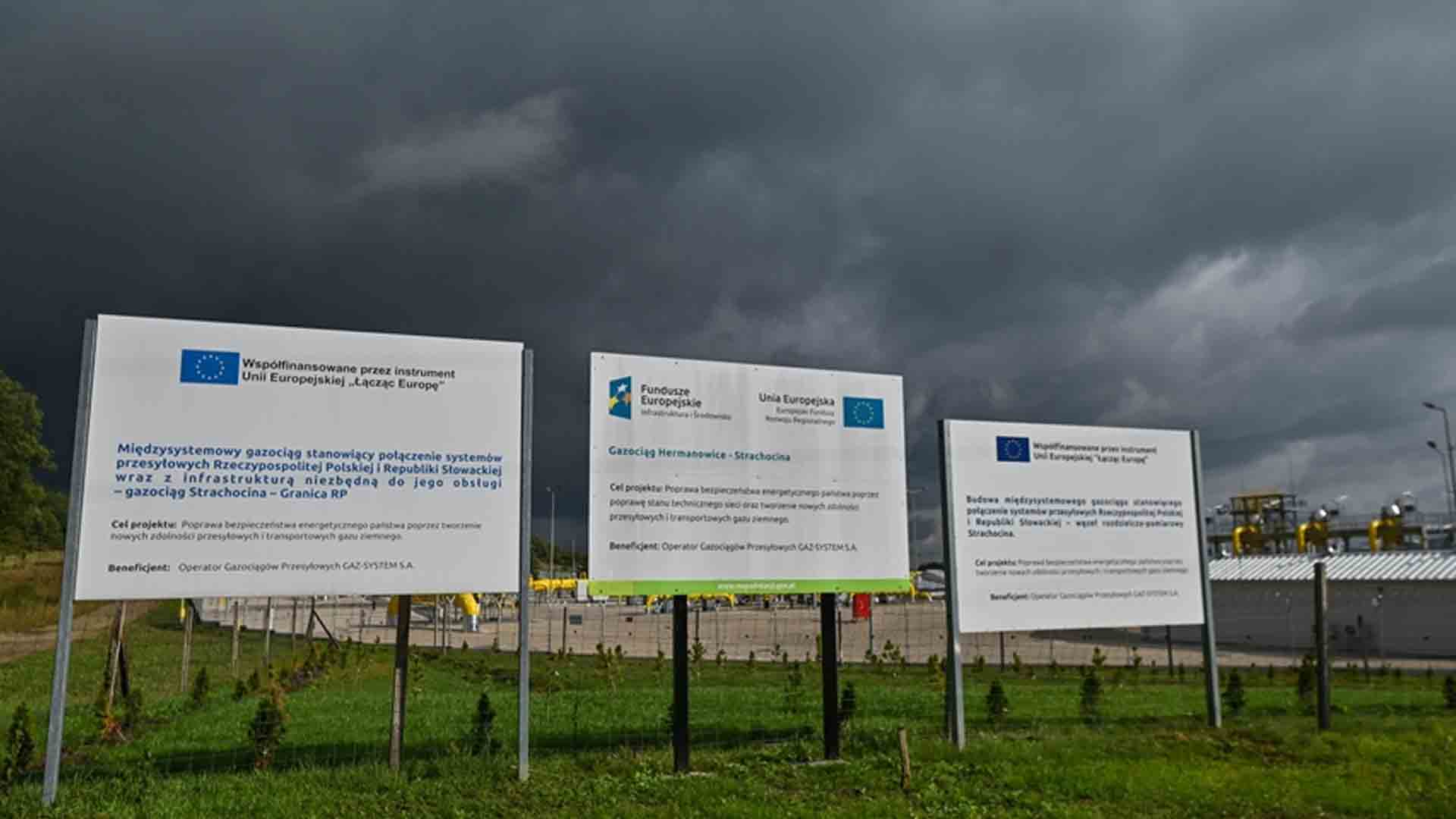Europe’s energy crisis is looming ahead of winter and countries continue to introduce measures to tackle the crisis.
Here are the latest developments on the energy front of Europe.
EU
The European Union has reduced Russia’s share in its gas imports to 7.5 percent, European Commission chief Ursula von der Leyen said on Monday.
Von der Leyen spoke at a joint news conference with Estonian Prime Minister Kaja Kallas in the country’s capital Tallinn.
Since the beginning of the Russia-Ukraine war on Feb. 24, the EU has significantly reduced its energy dependency on Russia and made “enormous efforts” to successfully divert away from “Russian fossil fuels towards reliable suppliers and invest in renewable energies,” she said.
The “biggest factor” of the energy dependency was natural gas imports that made up 40 percent of the bloc’s total supply in February, von der Leyen added.
France
Fuel shortages hit numerous gas stations in France this weekend.
In Paris, from Saturday to Sunday, nearly all gas stations had run out of gas.
The fuel shortages were triggered by strikes at several French refineries and promotion by market leader TotalEnergies, which offered a discount of 20 cents per liter in addition to the government discount of 30 cents per liter. The discount led to a large run, according to the company.
According to media reports, up to 20 percent of gas stations in France are affected by gasoline or diesel shortages.
Energy bills in France
According to the French National Institute for Statistics and Economic Studies, energy prices for households in France have risen 28 percent in less than a year.
As the crisis and accompanying inflation are hitting the lowest-income households hard, tenants of social housing face skyrocketing costs, although 35 percent of them live below the poverty line.
The Ecological Transition Ministry announced an official decree in late September that Enedis, France’s largest electricity supplier, would be allowed to remotely shut off water heaters between noon and 2 p.m. local time, with over 4.5 million people to be affected by these restrictions planned for middle of October to middle of April.
Apart from households, businesses are now finding that their electricity bills are rising five-fold. A simple baker, who normally pays €60,000 (over $58,100) a year, will have to come up with almost €300,000 ($291,086) in the future — almost impossible for many companies to pay.
Greece
Natural gas prices in Greece have seen a record high rise reaching a 332-percent increase, the Hellenic Statistical authority said on Monday.
Greece has been amongst the many European countries that have seen prices in energy soar as well as in other commodities since the start of Russia’s war on Ukraine.
The country’s annual inflation rate rose to 12 percent in September, up from 11.4 percent in August and 11.6 percent in July, the statistical authority said.
Serbia
President Aleksandar Vucic said Saturday that Serbia is working on new oil storage facilities and plans to construct a new oil pipeline to Hungary to tackle the global energy crisis.
Vucic’s remarks came in an address to the nation where he said Serbia is also planning to connect to the Trans Adriatic Pipeline and the Trans-Anatolian gas pipelines.
He said Serbia is working on new oil storage facilities and there are two offers. (PNA)









